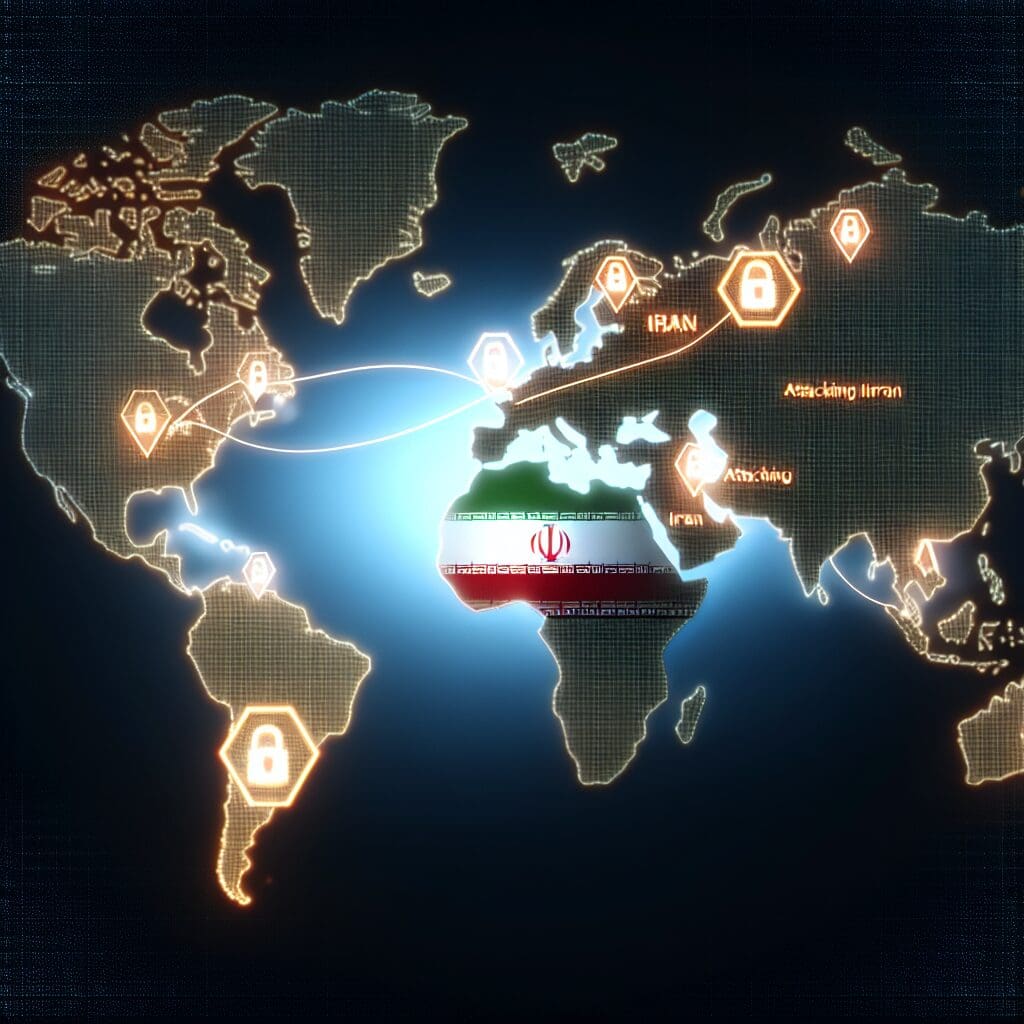In the realm of cybersecurity, the threat landscape is constantly shifting. Recently, Microsoft reported an alarming trend: Iranian cyberattacks targeting U.S. officials. This revelation underscores the importance of robust cybersecurity measures for both individuals and organizations.
Iran has consistently denied any intentions to interfere, claiming that its cyber capabilities serve solely defensive purposes. However, the reality is that cyberattacks are becoming an increasingly prevalent tool for nations to exert influence and disrupt operations in rival countries. For instance, Iranian hackers have previously targeted high-profile figures, ranging from government leaders to personal aides, demonstrating a strategic approach that aims to gather intelligence and disrupt operations.
The nature of these cyber assaults varies, including phishing attacks, where malicious actors exploit vulnerabilities to gain unauthorized access to sensitive information. Such tactics not only threaten individual privacy but also national security. The 2020 U.S. presidential election saw similar attacks aimed at undermining confidence in democratic processes.
Organizations must enhance their awareness and protective measures. Implementing multi-factor authentication, conducting regular security audits, and training employees on recognizing phishing attempts can significantly bolster defenses. Furthermore, establishing incident response plans ensures preparedness for any potential breach.
In conclusion, the recent reports from Microsoft highlight an urgent need for heightened vigilance in cybersecurity. As cyber threats evolve, proactive measures are essential to safeguard personal and national interests. Understanding the methods employed by adversaries allows organizations to strengthen their defenses and ensure a more secure digital landscape.











